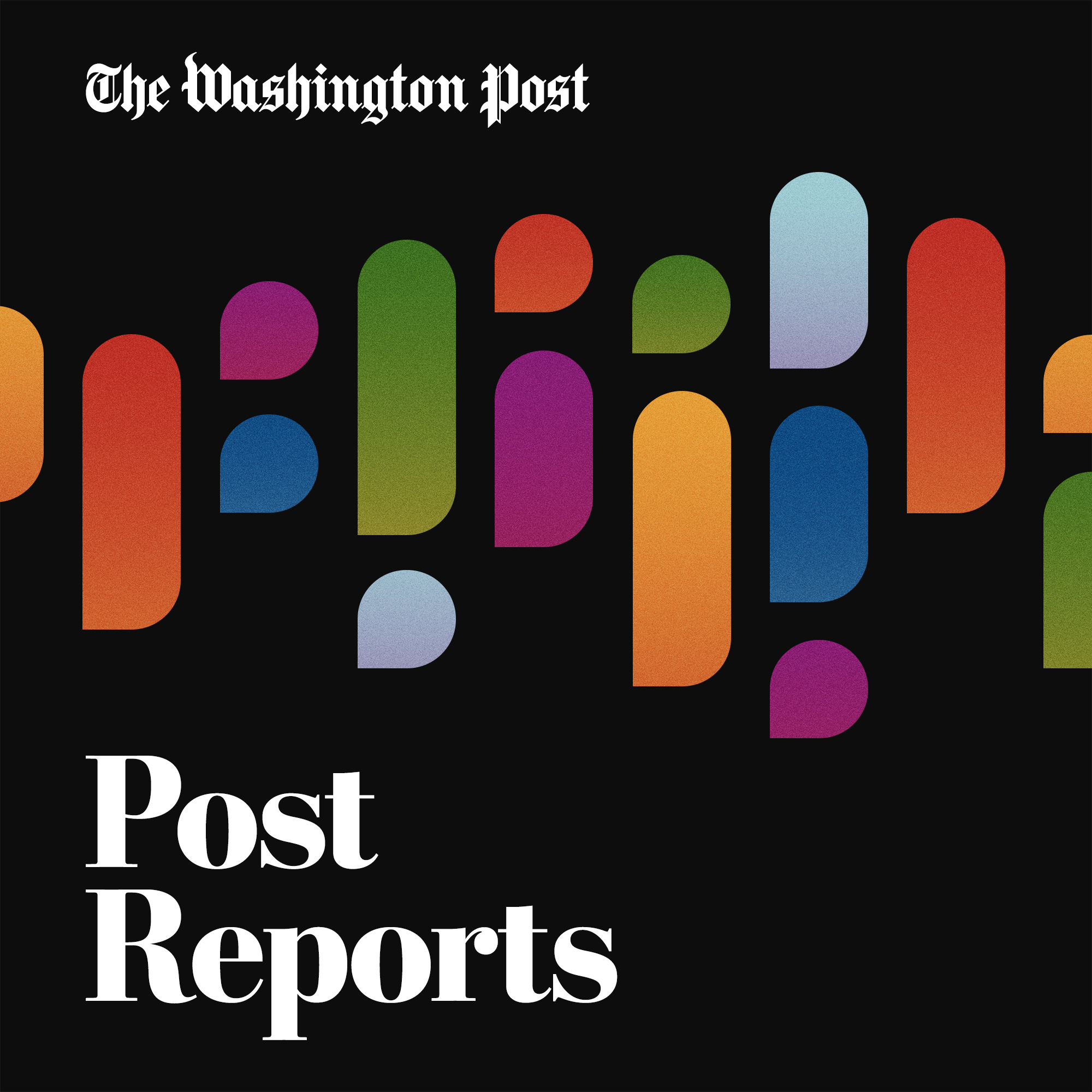
Deep Dive
Why did Trump launch Truth Social?
Trump created Truth Social after being banned from major social media platforms, particularly following the January 6th riot, as he wanted his own platform to reach his supporters.
What is the value of Trump's stake in Truth Social?
Trump's stake in Truth Social, through Trump Media and Technology Group, is valued at over $4 billion, making it his most valuable asset compared to his real estate and golf courses.
How does Trump's involvement in crypto pose a conflict of interest?
Trump's crypto venture, World Liberty Financial, could benefit from potential loosening of regulations under his administration, leading to increased value of all crypto, including his own coin.
What steps did Trump take to distance himself from his businesses during his first term?
Trump resigned from his businesses and placed his assets into a trust controlled by his sons and a CFO, though he did not create a traditional blind trust. He also committed to no new foreign deals and donating foreign government profits to the U.S. Treasury.
How did Trump's hotel in Washington benefit during his first term?
Trump's Washington hotel saw numerous foreign leaders, CEOs, and lobbyists staying there, potentially due to his presidency, though the hotel reportedly lost money operationally due to limited appeal beyond his supporters.
What is the significance of the Emoluments Clause in relation to Trump's businesses?
The Emoluments Clause, which prohibits the president from receiving gifts from foreign governments, was the subject of multiple lawsuits during Trump's first term, though it had little tangible effect on his behavior.
What is the potential impact of public opinion on Trump's handling of conflicts of interest in his second term?
Public opinion and potential backlash from legislators could influence Trump's decisions regarding his businesses, as seen when he reversed plans to host the G7 summit at his Doral Resort due to significant criticism.
Why are bi-week weddings becoming popular among college football fans?
Bi-week weddings are popular among college football fans because they avoid game days, ensuring more guests can attend without being distracted by football games, especially in the SEC where idle weeks are highly sought after.
Shownotes Transcript
Since he last held office, President-elect Donald Trump’s business interests have evolved. The real estate mogul launched the social media company Truth Social, and — in the height of this year’s presidential campaign — he announced a cryptocurrency venture, World Liberty Financial.
Both of these industries could be targeted with efforts at regulation during Trump’s second term. So what could it mean for Trump to oversee an administration that also plays a role in these regulations? This dynamic sets up what ethics experts have described as unprecedented potential conflicts of interest for his second term.
“Post Reports” host Elahe Izadi speaks with investigative reporter Jonathan O’Connell about how Trump became involved in these new businesses, what potential conflicts of interest they present, and what we might learn from how Trump approached potential conflicts in his first term.
Today’s show was produced by Laura Benshoff with help from Ariel Plotnick. It was edited by Alison MacAdam and Reena Flores and mixed by Sam Bair.
Subscribe to The Washington Post here).